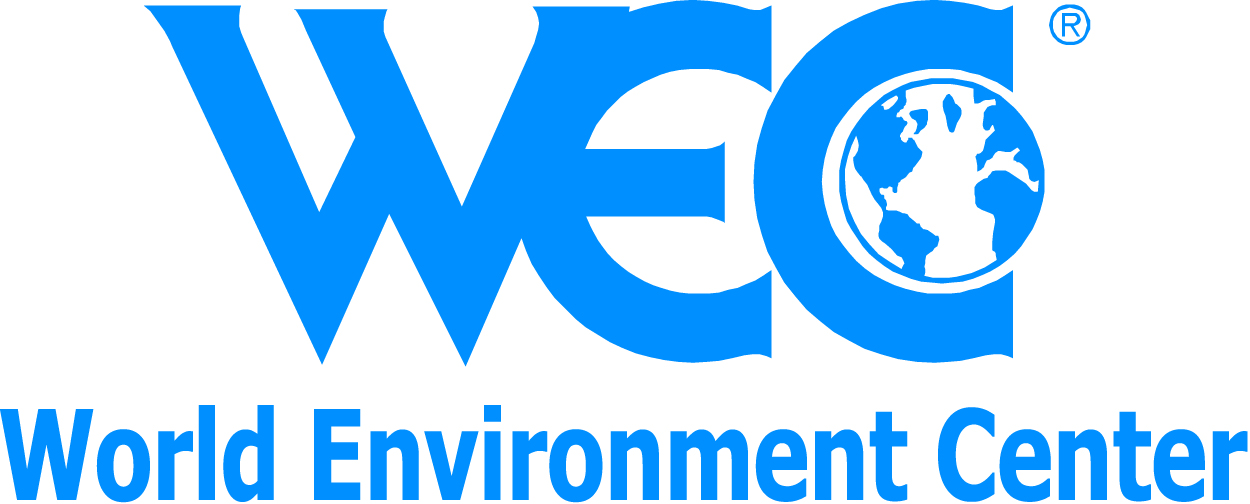Decarbonizing Value Chains Requires the Next Tier of Sustainability Leaders

Private sector decarbonization commitments are more vital than ever to meet the challenge of climate change. Only days remain until the COP26 climate summit in Glasgow where governments are expected to “ratchet up” their commitments under the Paris Agreement to avoid catastrophic climate change.
At this writing, the U.S. Congress has not enacted legislation to back the Biden Administration’s pledge to halve emissions by 2030. China has not accelerated its prior commitment to peak emissions by 2030 and has ordered increased coal production to meet energy shortfalls. Leadership from these two global powers is essential to the summit’s success.
Meanwhile, September’s “Climate Week” in New York City saw the number of businesses and local governments pledging net-zero emissions double. According to a UN-backed report, 1,500 companies with combined revenues over $11.4 trillion and emissions exceeding that of the European Union are now committed to net zero.
With leadership from national governments uncertain, business can drive the transformation needed in industry and land use to decarbonize economies and adapt to climate change. In the process, business can help mobilize broad-based public support for governments to act more decisively.
The greatest challenge for companies to deliver their net-zero commitments lies in Scope 3, the emissions of their suppliers and customers. Often the majority of a company’s total greenhouse gas footprint, these sources are beyond a company’s direct control. Persuading consumers and other companies in a value chain to cut emissions requires a carefully targeted combination of voluntary incentives and public policies. The right tools and approaches vary by industry and geography.
WEC is committed to helping companies implement net-zero commitments across their value chains. With Trane Technologies, Chemours, and Toyota we have launched a series of Executive Roundtables on Decarbonizing Value Chains focused on the built environment, transportation, agriculture & land use, and industry & energy production. In these 2-day roundtables, senior executives and technical experts learn from one another about innovative solutions they can deploy in their business today and strategic challenges that demand collective action into the future.
Efforts by WEC member companies and others to decarbonize value chains place new demands on suppliers and customers that don’t have a history of engagement on sustainability. The challenge is magnified by simultaneous scrutiny from investors concerned with environment, social, and governance (ESG) performance and rising customer demands for sustainable supply chains more generally.
WEC has launched our Next Tier Membership program to support companies that are new to managing sustainability in their business. Next Tier members will benefit from specialized webinars and roundtables that deal with the basics of building a sustainability management system. They will have access to the WECosystem, our new digital platform, so that they can meet and learn from WEC’s global members. The WECosystem includes a geo-located directory of WEC members, a digital toolbox of sustainability resources, and a forum for queries and discussion of challenging topics. Next Tier Members will also be eligible for 1-1 mentorships to learn from more experienced WEC members in a structured, 9-month program that we will organize and support.
WEC will do all we can to help our member companies and other businesses drive decarbonization in their value chains. We hope that you will join our Executive Roundtables on Decarbonizing Value Chains and that you will encourage key suppliers and customers to become Next Tier Members of WEC. The more engagement we have from our members, the bigger the impact we can have in driving the transformation to a net-zero economy.
We don’t have any time to lose.
Glenn Prickett is the President and CEO of the World Environment Center. He has spent three decades leading international environmental, natural resource and climate change policy in some of the world’s preeminent NGO’s.

